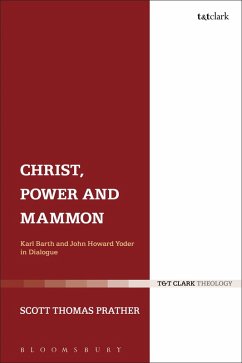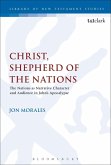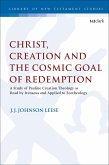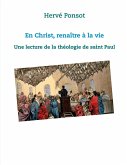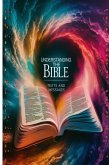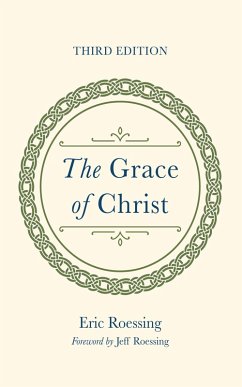This book examines the role of the New Testament concept of the 'principalities and powers' in the thought of Karl Barth and John Howard Yoder, showing how this biblical concept of power is central to the fundamental theological convictions of each thinker.
Prather offers a scholarly account of the underexplored theological and ethical import of a major biblical theme and the book addresses questions and concerns from a wide range of academic and lay theological interest. He brings Barth and Yoder into dialogue here and examines the three crucial areas: the 'confessional' distinction of church and world; the demonization of political power; and the intrinsic relation between the political and economic powers.
While other theologians have rightly identified a 'christocentric' connection between the thought of Barth and Yoder, no attempt has been made to bring them together through the sustained analysis of a single doctrinal or ethical issue - this book does just that.
Prather offers a scholarly account of the underexplored theological and ethical import of a major biblical theme and the book addresses questions and concerns from a wide range of academic and lay theological interest. He brings Barth and Yoder into dialogue here and examines the three crucial areas: the 'confessional' distinction of church and world; the demonization of political power; and the intrinsic relation between the political and economic powers.
While other theologians have rightly identified a 'christocentric' connection between the thought of Barth and Yoder, no attempt has been made to bring them together through the sustained analysis of a single doctrinal or ethical issue - this book does just that.

